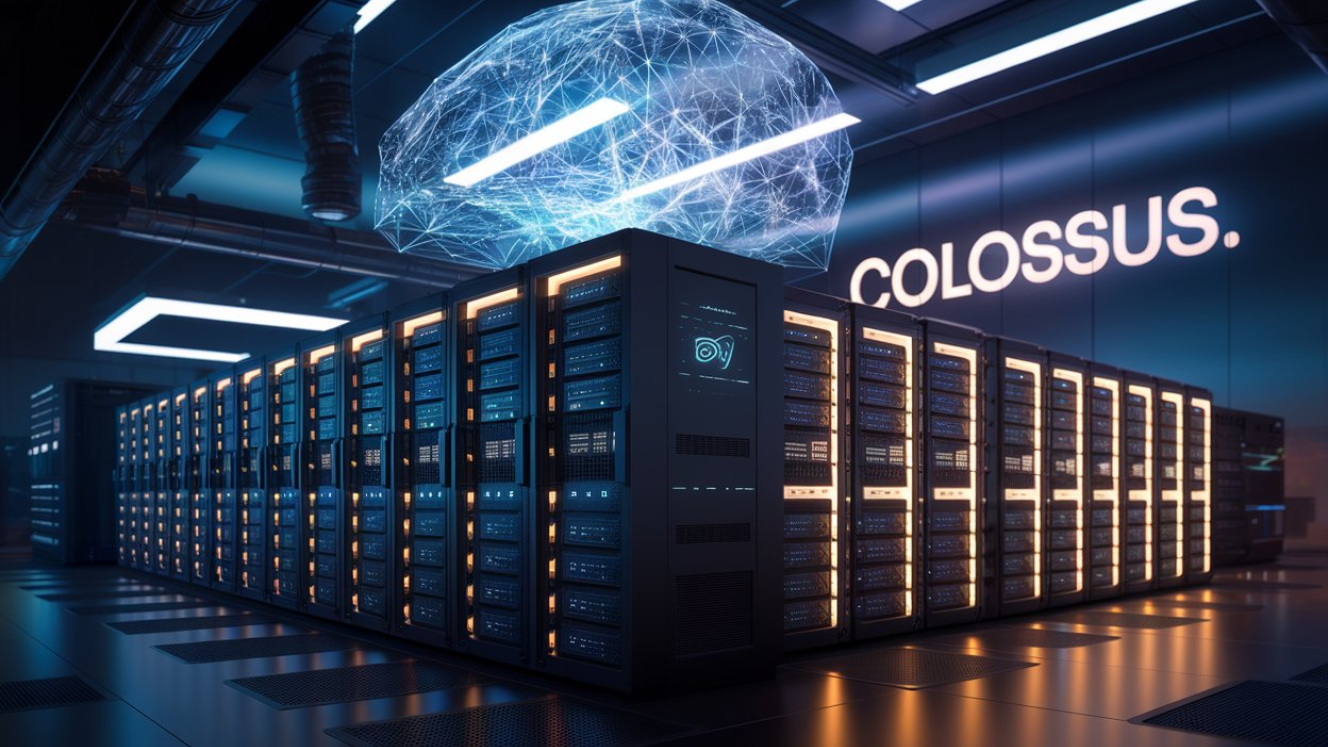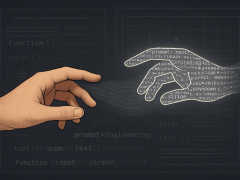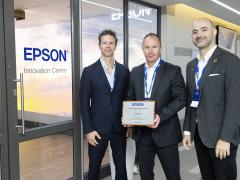Elon Musk’s artificial intelligence (AI) venture, xAI, has revealed plans for a significant expansion of its Memphis-based supercomputer, Colossus, aiming to scale up its capacity tenfold to an unprecedented one million graphics processing units (GPUs).
Currently operating with 100 000 GPUs, Colossus serves as the backbone for training xAI’s flagship chatbot, Grok. By increasing its GPU capacity tenfold, xAI seeks to accelerate its AI research and development capabilities, marking a pivotal step in Musk’s quest to establish dominance in the global AI market.
This expansion also brings major tech collaborators into the Memphis area. Nvidia, the primary supplier of GPUs for Colossus, alongside Dell and Super Micro – responsible for assembling the computer’s server racks – are set to establish operations in the region. The influx of these industry leaders is expected to bolster Memphis’ role as a hub for advanced technology and innovation.
Colossus is a key element of Musk’s AI ambitions, especially as he intensifies his rivalry with OpenAI and its CEO Sam Altman. The expansion follows Musk’s legal accusations against OpenAI and Microsoft, alleging monopolistic practices in the AI market.
However, rapid scaling of Colossus has not escaped scrutiny. Critics have raised concerns about the environmental impact of such massive data centres known for their substantial energy consumption. In August, the Southern Environmental Law Centre urged Tennessee officials to investigate whether xAI was operating gas turbines to power the supercomputer without obtaining proper air permits. These concerns may shape the public discourse around xAI’s expansion and its adherence to sustainable practices.
Trends and future implications
Expansion of Colossus reflects the latest AI trend: the race to build increasingly powerful computational infrastructure. Generative AI models grow in complexity and, for this reason, demand for vast GPU clusters capable of handling massive data processing tasks is surging. Companies that can establish cutting-edge supercomputing resources, like xAI, are likely to dominate the next wave of AI innovations.
This development is also significant from a market perspective. With Nvidia’s GPUs at the centre of Colossus, the company strengthens its position as a key player in the AI market segment, further boosting its valuation and influence in the tech sector. Similarly, the involvement of Dell and Super Micro highlights growing demand for sophisticated hardware solutions tailored to AI workloads, signalling lucrative opportunities for tech manufacturers.














